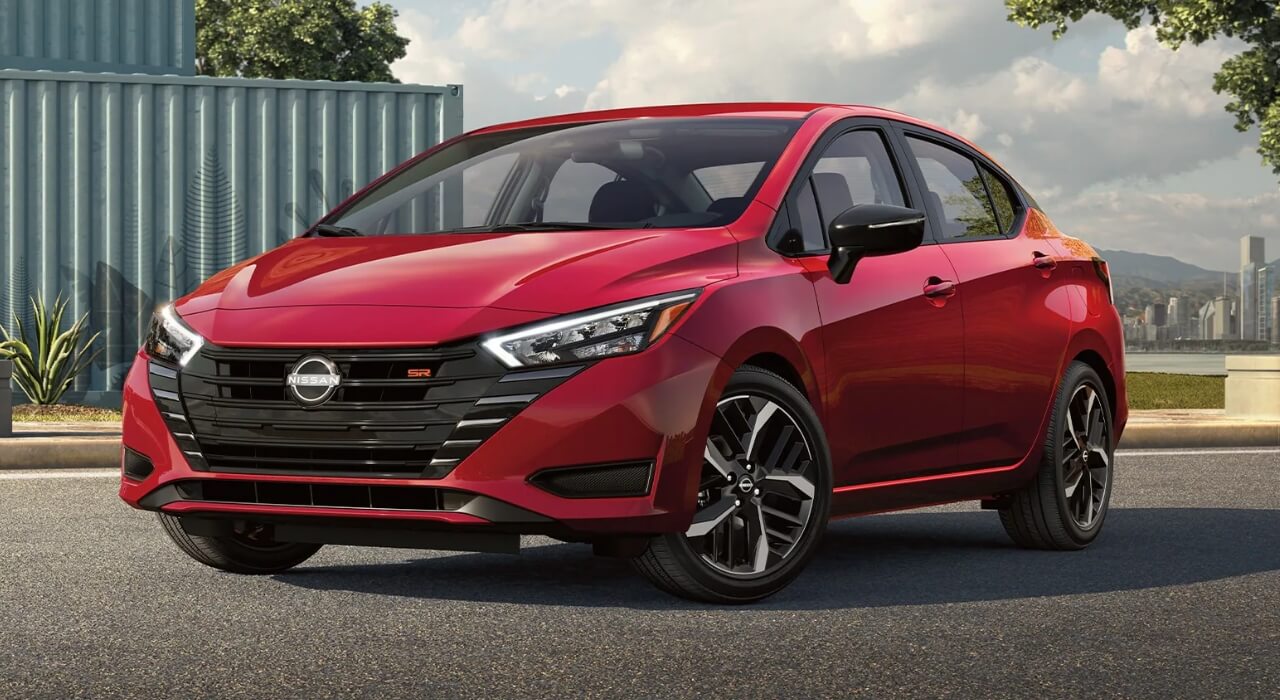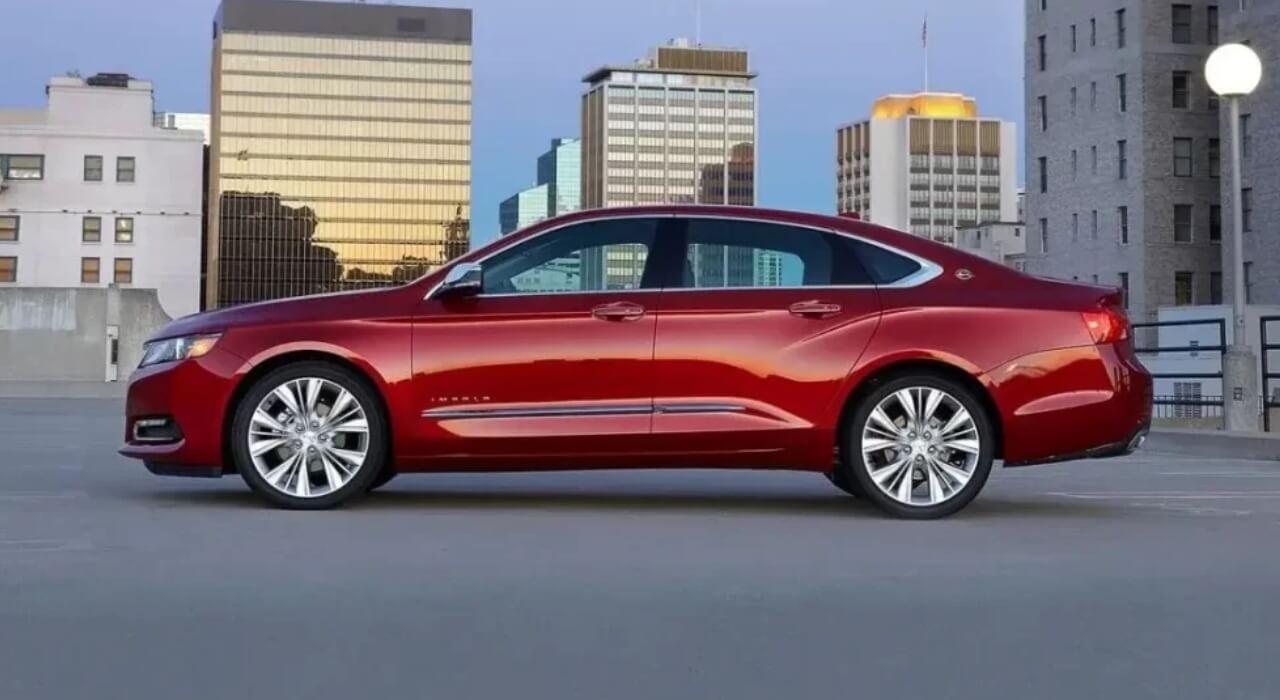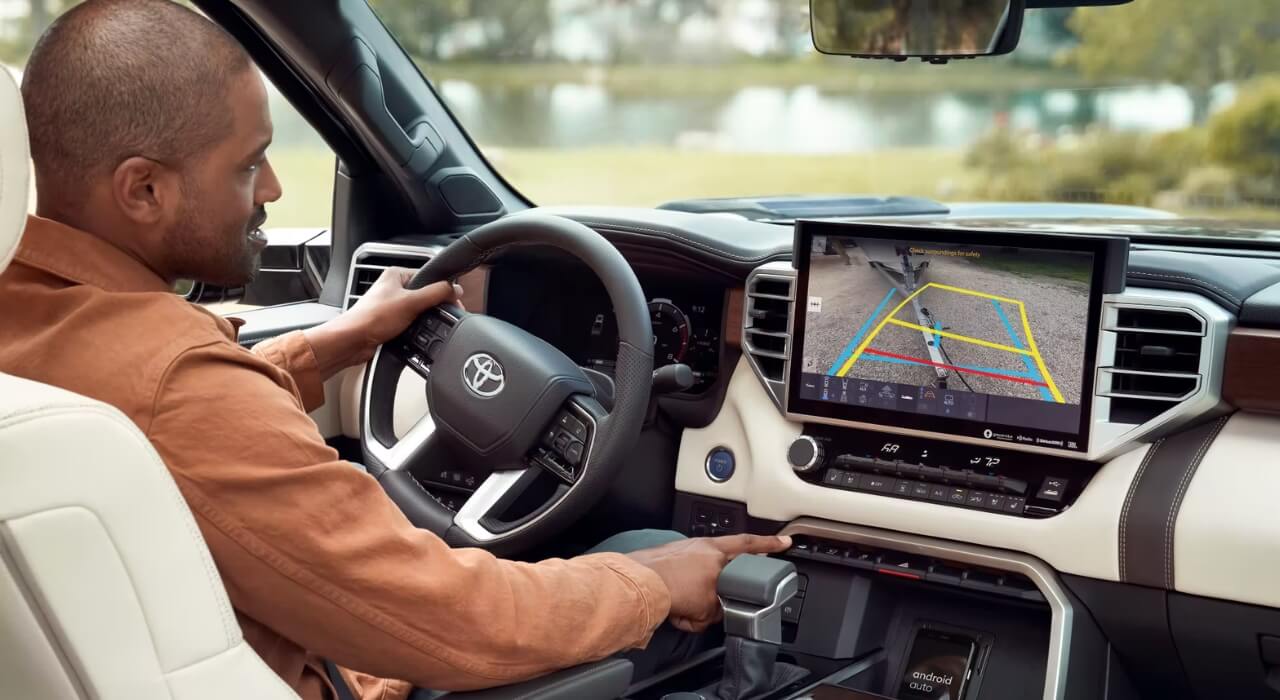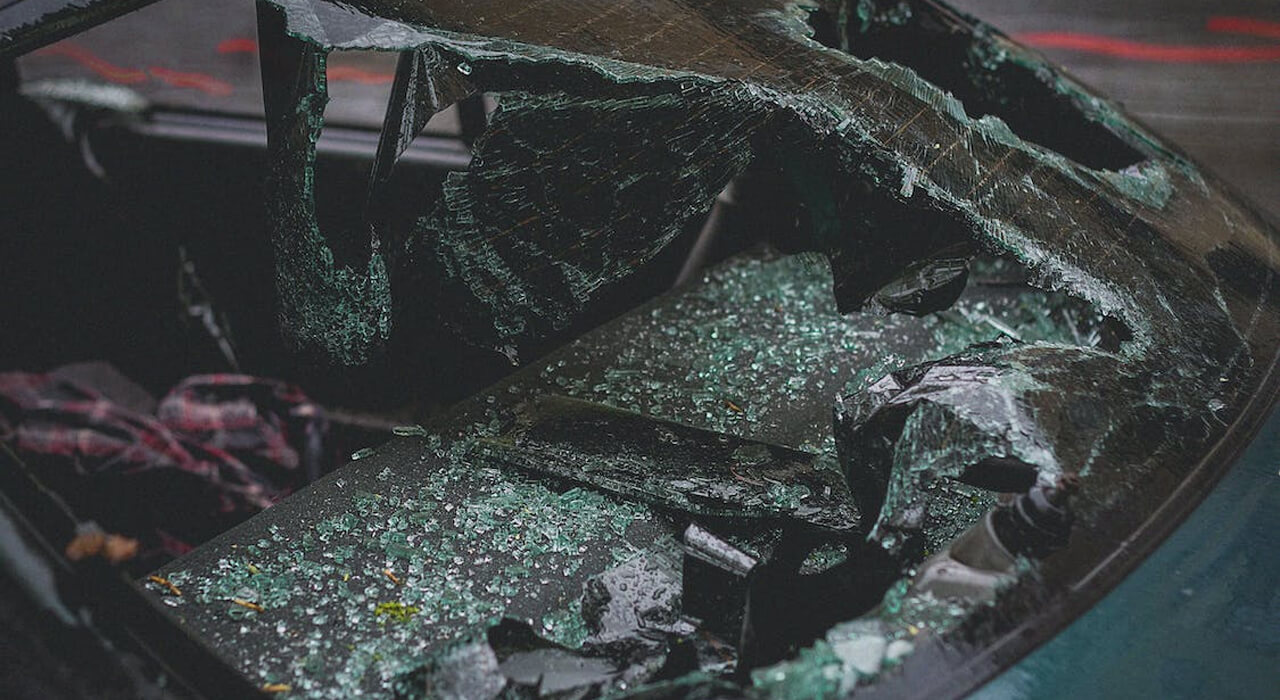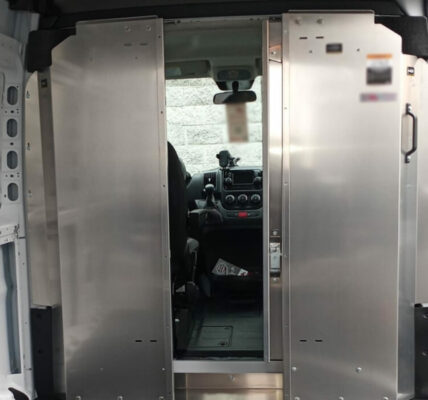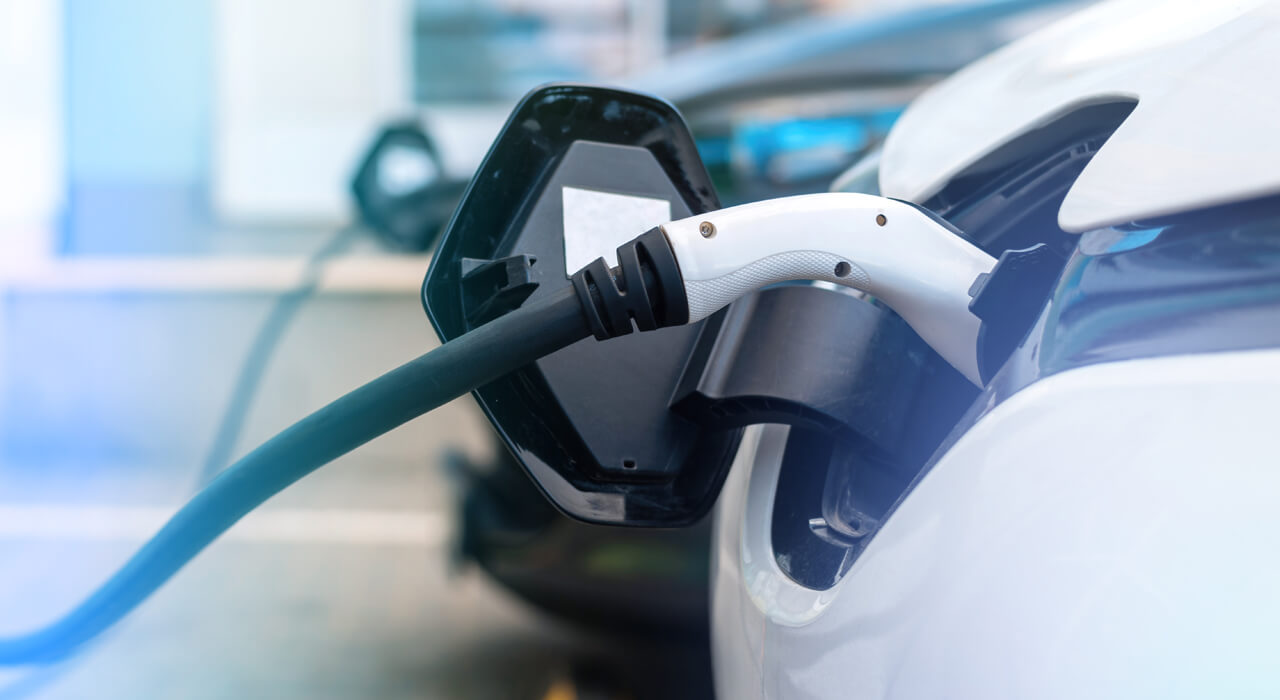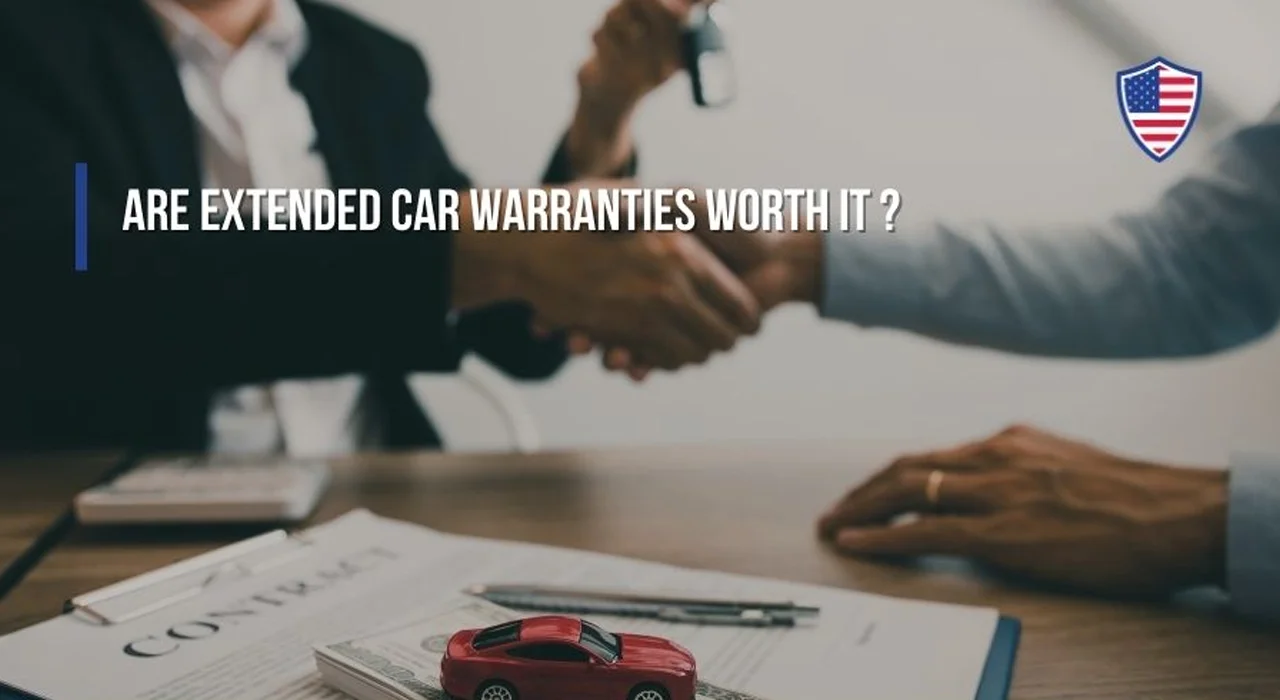According to the National Highway Traffic Safety Administration estimate, more than 31785 people died in car accidents in 2022. Unfortunately, not all of them were able to get their compensation.
It is because navigating an insurance claim related to a car accident can be daunting. If you don’t have sufficient evidence proving that the accident wasn’t your fault, you may risk losing your fair compensation for the loss or injury. Most states in the U.S.A. require you to file an insurance claim within 30 to 60 days.
However, insurance firms try their best to deny valid claims and reduce settlement awards to make a profit. The more evidence and information you collect after a vehicle accident, your insurance claim will be stronger and more valid.
This makes collecting evidence after a car crash to obtain a successful settlement from your insurer crucial. Driving is a risky proportion even if you have the most iconic super car. You can avoid costly situations by knowing what to do in advance, whether it is just a minor “fender bender” or a severe car crash.
If you can relate to it, keep reading to learn “what evidence you need to collect after a car accident”. But before we delve into this, let’s briefly discuss why collecting evidence is crucial after you meet a car accident.
Here is a quick rundown of the reasons.
Why Gathering Evidence after a Car Accident is Important?
Determining Who Is at Fault
If you have witness statements, photos of the accidents, and necessary reports, determining and establishing who’s at fault are easier. The crucial information also helps you claim insurance claims and legal proceedings.
Insurance Claims
Linked to the previous paragraph, you need to have strong evidence to support your case and increase your chances of receiving fair compensation for damages and injuries when filing an insurance claim. Documentation of the accident scene, injuries, and property damage can help substantiate your claim.
Legal Matters and Proceedings
Most cases lead to personal injury lawsuits and legal disputes, requiring stronger evidence to strengthen the case. You can only proceed with your lawsuit if sufficient evidence supports your version of events. A strong piece of evidence proves negligence or liability and strengthens your case in court.
Memory Preservation
Let’s admit memories fade over time, and details of the accident may become hazy. Collecting evidence immediately after the accident helps preserve important details, such as road conditions, weather, and vehicle positions. This can prevent inaccuracies or inconsistencies from arising later.
Uncovering Hidden Factors
Sometimes, underlying factors contribute to an accident, such as a defective vehicle part or poor road maintenance. Gathering evidence allows you to conduct a thorough investigation to uncover any hidden factors that may have played a role in the accident.
Remember, your safety and well-being should be the top priority if you’re involved in a car accident. Only collect evidence if it is safe, and seek medical attention for any injuries.
Evidence You Need to Collect after a Car Accident
Information of the Other Party Involved
This is one of the most important pieces of evidence you need to collect when you are involved in a car accident, no matter when, where, and how it happens. If you’re safe and stable after a car crash, make sure the first thing you do is note the following:
- Name, contact details, and insurance information of the other driver(s)
- License plate numbers of the vehicles involved
- Make, model, and colour of the vehicles
Photographs and Videos
Photographic evidence can play a significant role in determining many things you were able to remember after the accident. If you are in physically stable condition;
- Take pictures and videos of the accident scene from multiple angles.
- Capture the position and damage of the vehicles involved.
- Document any skid marks, debris, or road conditions contributing to the accident.
- Capture any relevant traffic signs, signals, or obstructions.
Eyewitness Statements
Eyewitnesses can help you collect testimony as to why and how the accident happened. They may have noted something you could not have determined during the crash. They can help find how the at-fault driver was behaving, whether he was/she was erratic they were weaving in or out before the collision.
Suggestion: How Much Does An Auto Locksmith Cost To Hire For Your Car Unlocking?
If you have multiple eyewitnesses with the same version, it can be strong evidence. So,
- Get contact information from any witnesses present at the scene.
- Ask them if they are willing to provide a statement regarding what they saw or heard during the accident. This can be crucial for establishing fault.
Police Report
If law enforcement responds to the accident, request a copy of the police report. It will contain important details, such as the officer’s observations, statements from involved parties, and any citations issued.
Personal Notes
Write down your account of the accident as soon as possible while the details are fresh.
- Include information such as the date, time, location, weather conditions, and a step-by-step description of what happened.
- Note any injuries you or others may have sustained.
Medical Documentation
Even if you believe your injuries are minor, ensure to seek medical attention after the accident. Keep records of any medical examinations, treatments, prescriptions, and medical bills related to the accident. This medical documentation will serve as evidence for your insurance company.
Insurance Documentation
The next thing you need to do is to notify your insurance company about the accident promptly. Record all communication with your insurance company, including claim numbers, adjuster names, and contact dates.
Seek Legal Assistance to Support Your Accident Case
The evidence you collect is your “burden of proof” for your car crash case. You need to have enough evidence to make a stronger case establishing that the other driver was at fault and is responsible for the accident and injuries.
It is worth noting that claim adjusters and insurance attorneys start their claim procedures right after a car crash. If you’re liable to get the compensation, your insurer may likely shift the liability on the other driver to reduce their financial exposure.
Consulting a competent accident lawyer right after the incident helps you resolve your legal concerns regarding the claim. Plus, an attorney can guide you on how to deal with the insurance representatives. Try your best to hire an accident lawyer after a collision.

